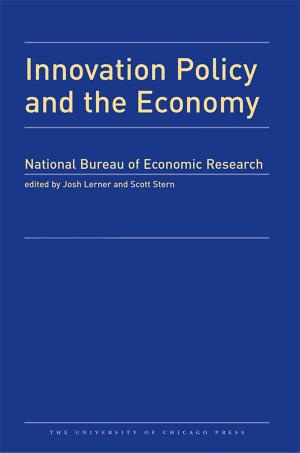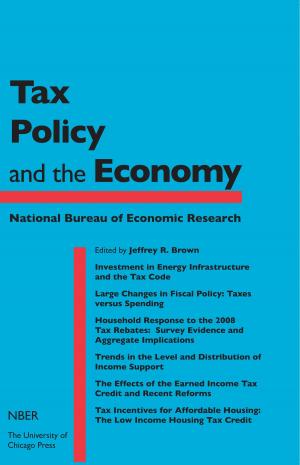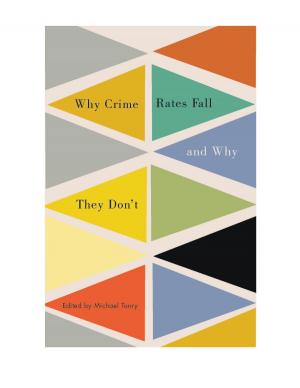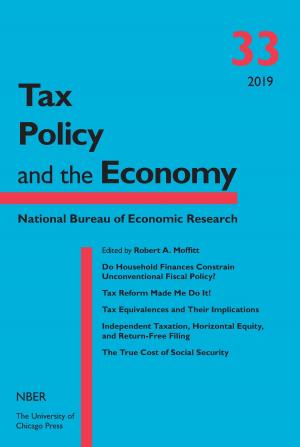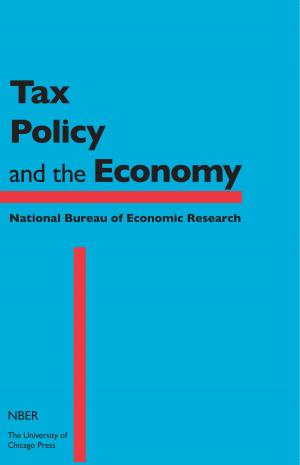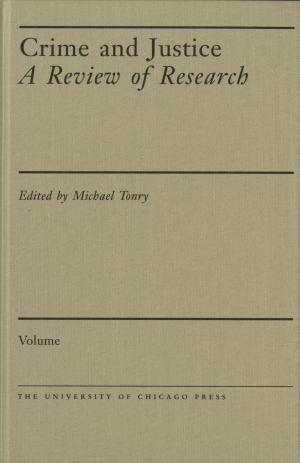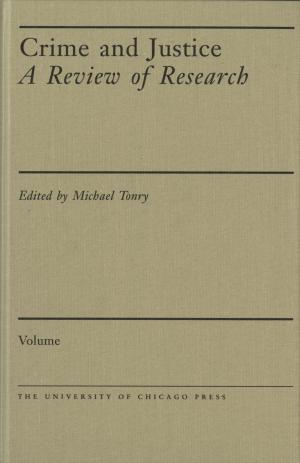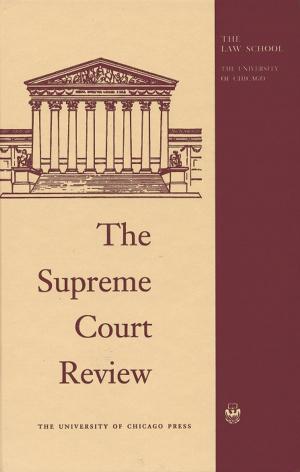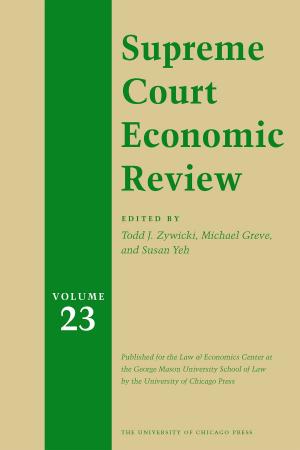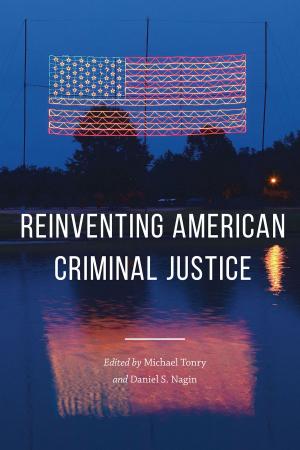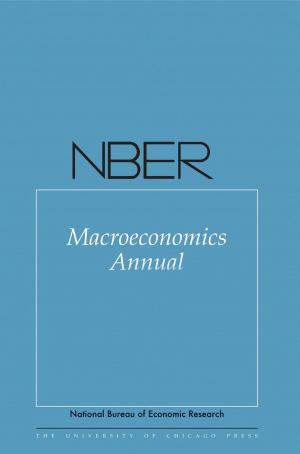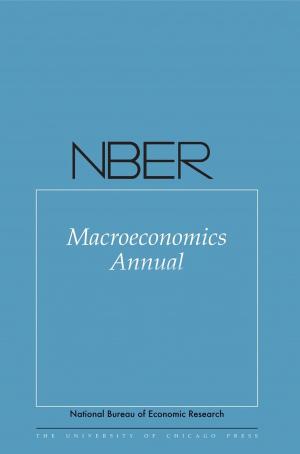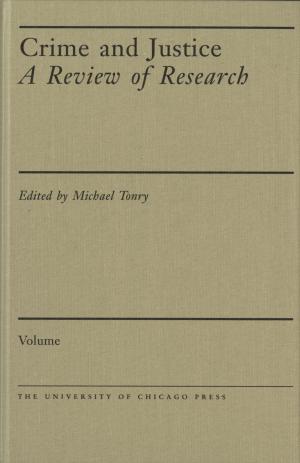Crime and Justice, Volume 42
Crime and Justice in America: 1975-2025
Nonfiction, Reference & Language, Law, Criminal law| Author: | ISBN: | 9780226097657 | |
| Publisher: | University of Chicago Press Journals | Publication: | October 6, 2013 |
| Imprint: | University of Chicago Press Journals | Language: | English |
| Author: | |
| ISBN: | 9780226097657 |
| Publisher: | University of Chicago Press Journals |
| Publication: | October 6, 2013 |
| Imprint: | University of Chicago Press Journals |
| Language: | English |
For thirty-five years, the Crime and Justice series has provided a platform for the work of sociologists, psychologists, criminal lawyers, justice scholars, and political scientists as it explores the full range of issues concerning crime, its causes, and it remedies.
For the American criminal justice system, 1975 was a watershed year. Offender rehabilitation and individualized sentencing fell from favor and the partisan politics of “law and order” took over. Policymakers’ interest in science declined just as scientific work on crime, recidivism, and the justice system began to blossom. Some policy areas—in particular, sentencing, gun violence, drugs, and youth violence—became evidence-free zones. Crime and Justice in America: 1975-2025 tells the complicated relationship between policy and knowledge during this crucial time and charts prospects for the future. The contributors to this volume, the leading scholars in their fields, bring unsurpassed breadth and depth of knowledge to bear in answering these questions. They include Philip J. Cook, Francis T. Cullen, Jeffrey Fagan, David Farrington, Daniel S. Nagin, Peter Reuter, Lawrence W. Sherman, and Franklin E. Zimring.
For thirty-five years, the Crime and Justice series has provided a platform for the work of sociologists, psychologists, criminal lawyers, justice scholars, and political scientists as it explores the full range of issues concerning crime, its causes, and it remedies.
For the American criminal justice system, 1975 was a watershed year. Offender rehabilitation and individualized sentencing fell from favor and the partisan politics of “law and order” took over. Policymakers’ interest in science declined just as scientific work on crime, recidivism, and the justice system began to blossom. Some policy areas—in particular, sentencing, gun violence, drugs, and youth violence—became evidence-free zones. Crime and Justice in America: 1975-2025 tells the complicated relationship between policy and knowledge during this crucial time and charts prospects for the future. The contributors to this volume, the leading scholars in their fields, bring unsurpassed breadth and depth of knowledge to bear in answering these questions. They include Philip J. Cook, Francis T. Cullen, Jeffrey Fagan, David Farrington, Daniel S. Nagin, Peter Reuter, Lawrence W. Sherman, and Franklin E. Zimring.

